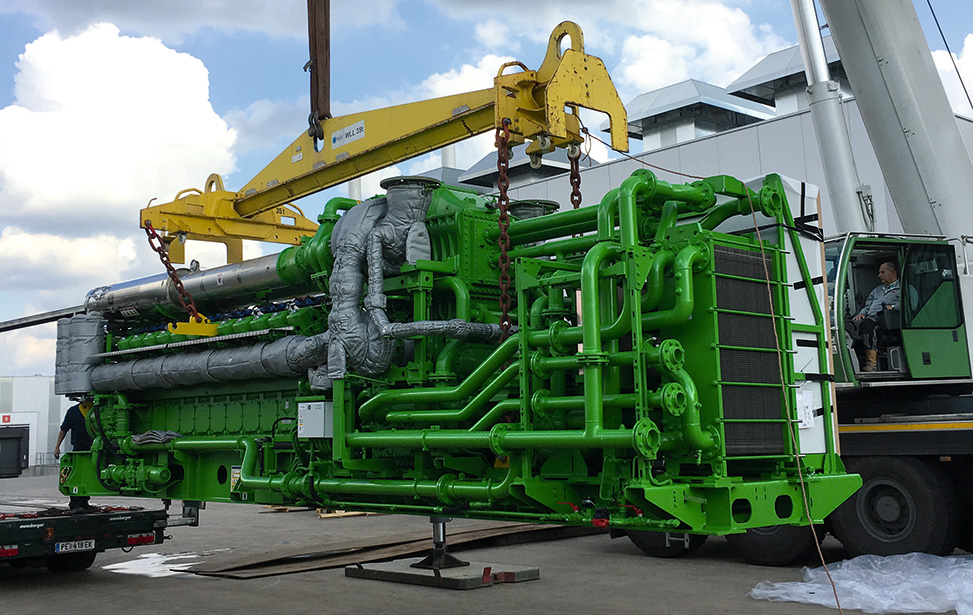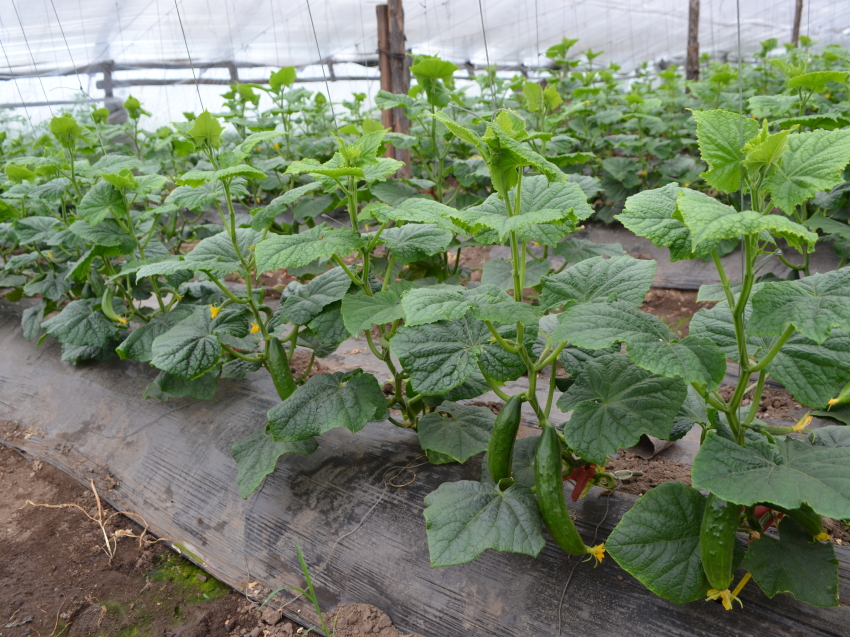Indoor farming, also known as vertical farming, has been making headlines recently as one of the fastest-growing AgroTech sectors. According to Crunchbase, in 2022, vertical farms received four out of the five largest investments in AgroTech startups. Some of the top-funded indoor farming startups in 2022 were Plenty, Gotham Greens, Soli Organic, Source.ag, and ioCrops. However, there is still a challenge that indoor farming faces – currently, only a few crops can be grown in these facilities.
Data from Crunchbase shows that 2022 was the best year for indoor farming in terms of venture capital investment. However, the problem with indoor farming is that it is limited to only a few crops such as lettuce, spinach, and delicate herbs. Wheat, corn, soy, and other crops that make up the majority of our food supply are not currently grown in these facilities. “The challenge is that only a few crops can be grown indoors,” says Matt Ryan, CEO of Soli Organic. According to him, it is much more expensive, and in the future, many crops will still be grown in fields.
Despite these challenges, indoor farming has the potential to revolutionize agriculture. By growing crops in a controlled environment, indoor farming eliminates the need for pesticides, herbicides, and other harmful chemicals that are commonly used in conventional farming. Additionally, indoor farming can significantly reduce water usage and the need for land, making it an ideal solution for urban areas with limited space.
Technology and Open Fields: Challenges and Opportunities for Agriculture
Agriculture is one of the most important sectors of the global economy, providing food and raw materials for a growing population. Farmers and agronomists face many challenges, including climate change, soil degradation, and pests and diseases. In recent years, technology has emerged as a powerful tool to increase productivity and sustainability in agriculture. However, not all farms can benefit equally from these advances.
Large farms that grow crops such as corn and soybeans, which cover most of the arable land and are quick to adopt new technologies, tend to have an advantage over smaller farms. Some of the best breeding organizations focus exclusively on these crops because of their profitability. Jacqueline Heard, CEO of Enko Chem, a startup that produces pesticides, says, “Some of the best breeding organizations don’t even bother with minor crops. They just focus on corn and soybeans because they can make a lot of money from them.”
Another challenge is that technologies such as robots and AI depend heavily on cloud services. However, many farms lack access to broadband internet, or their connection is too weak. In the US, for example, about 20% of farms face this issue. Nevertheless, AI and predictive analytics will be crucial for open-field farms in the future, even if they are not currently accessible due to infrastructure limitations.
Historical averages are no longer accurate for assessing crop yields, particularly in the face of climate change. Startups that develop technologies for open-field farms are therefore increasingly important. For example, Enko Chem produces pesticides and herbicides that do not harm plants or water resources. According to Crunchbase, the company raised $10 million in a Series C funding round in January. Inari, a seed genome editing startup, aims to increase crop resilience and yield while reducing water consumption. The company claims it can increase soybean yields by 20% and corn yields by 10% while using 40% less water.












